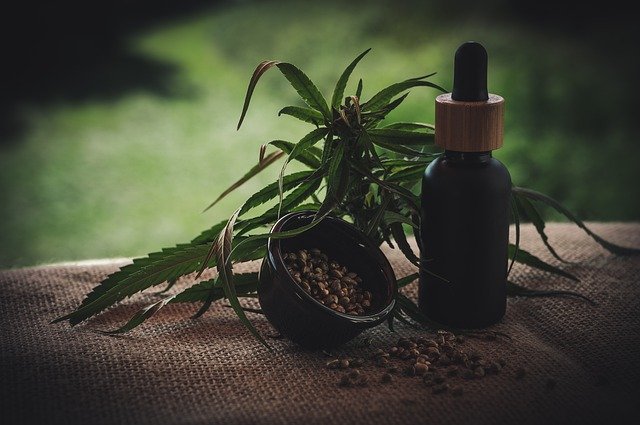
Free initial consultation
Click here to find out if you are eligible.
Check eligibility
Ehler-Danlose syndromes (EDS) are a group of rare inherited conditions that affect connective tissue – primarily your skin, joints and blood vessel walls. Connective tissues provide support in skin, tendons, ligaments, blood vessels, internal organs and bones.
People who have EDS usually have overly flexible joints and stretchy, fragile skin. There are several different types of EDS and some may share the same symptoms. It can affect different people in different ways and symptoms can range from relatively mild to totally disabling. The different types of EDS are caused by faults in certain genes and depending on the type of EDS, the faulty gene may have been inherited from 1 patient or both or may not be inherited at all and simply occur.
In total there are 13 types of EDS with hypermobile EDS (hEDS) being the most common.
Hypermobile EDS patients may have joint hypermobility, which leads to extreme tiredness, joint pain and loose unstable joints that can dislocate easily. Their skin may bruise easily and they can suffer with dizziness, digestive problems and issues with internal organs and bladder control.
Classic EDS is less common and tends to affect the skin more. Sufferers may have stretchy and fragile skin that tends to be smooth and velvety and bruises easily. Wounds are slow to heal and leave wide scars. Again, there is joint hypermobility and loose unstable joints which are quick to dislocate. They can suffer hernias and organ prolapse.
Vascular EDS is very rare and is the most serious. It affects the blood vessels and internal organs which can cause them to split open and can lead to life-threatening bleeding. Kyphoscoliosis EDS is again rare and will affect the curvature of the spine and this will start in childhood and often gets much worse in the teenage years.

Female EDS patients often suffer gynaecological issues. They are more prone to menorrhagia (heavy menstrual bleeding), dysmenorrhea (painful menses), irregular menses and dyspareunia (pain in relation to sexual intercourse). There is also a higher rate of vulvar disorders and pelvic organ prolapse.
There is no one specific treatment for EDS but it is possible to manage the symptoms with support, through a variety of approaches. Occupational therapists can help manage daily activities with advice on equipment and physiotherapists can give sufferers exercises to help strengthen joints and manage pain. For some types of EDS regular hospital scans can detect problems with internal organs and cognitive behavioural therapy can help to cope with depression and suffering long term pain can bring.
Taking cannabis medicines can be extremely helpful for some EDS sufferers and can lead in some cases to a marked positive improvement in quality of life and management of day-to-day symptoms.
Ehlers-Danlos syndromes are an extremely complex and interesting range of conditions that we are only just starting to understand. Sufferers have genetically different connective tissue which makes everything stretchy and hyper mobile. They also seem to have a genetic predisposition to pain processing circuits of the spine and bran (central nervous system) becoming hyper excitable on a long-term basis. There by flaring up the experience of pain for the patient. What we know about the way cannabis medicines work is that they can help to settle down these circuits and re-balance them in a way most conventional medicines are unable to do.
“People living with Ehlers Danlos Syndrome are managing a multitude of symptoms and conditions. These are painful, exhausting, and require a great deal of life planning in order to feel prepared to engage in activities such as work, study or socialising with peers. Cannabis medicines are very useful in the management of chronic pain, particularly in Ehlers Danlos Syndrome. Individuals may be experiencing inflammatory, nerve and muscle pain all at once, and cannabis medicines are well suited to this multi-symptom type of management.” Sophie Hayes – Former Specialist Cannabis Nurse at Integro Medical Clinics
Integro Medical Clinics Ltd always recommend remaining under the care and treatment of your GP and specialist for your condition, while using cannabis-based medicines, and the Integro clinical team would always prefer to work in collaboration with them.